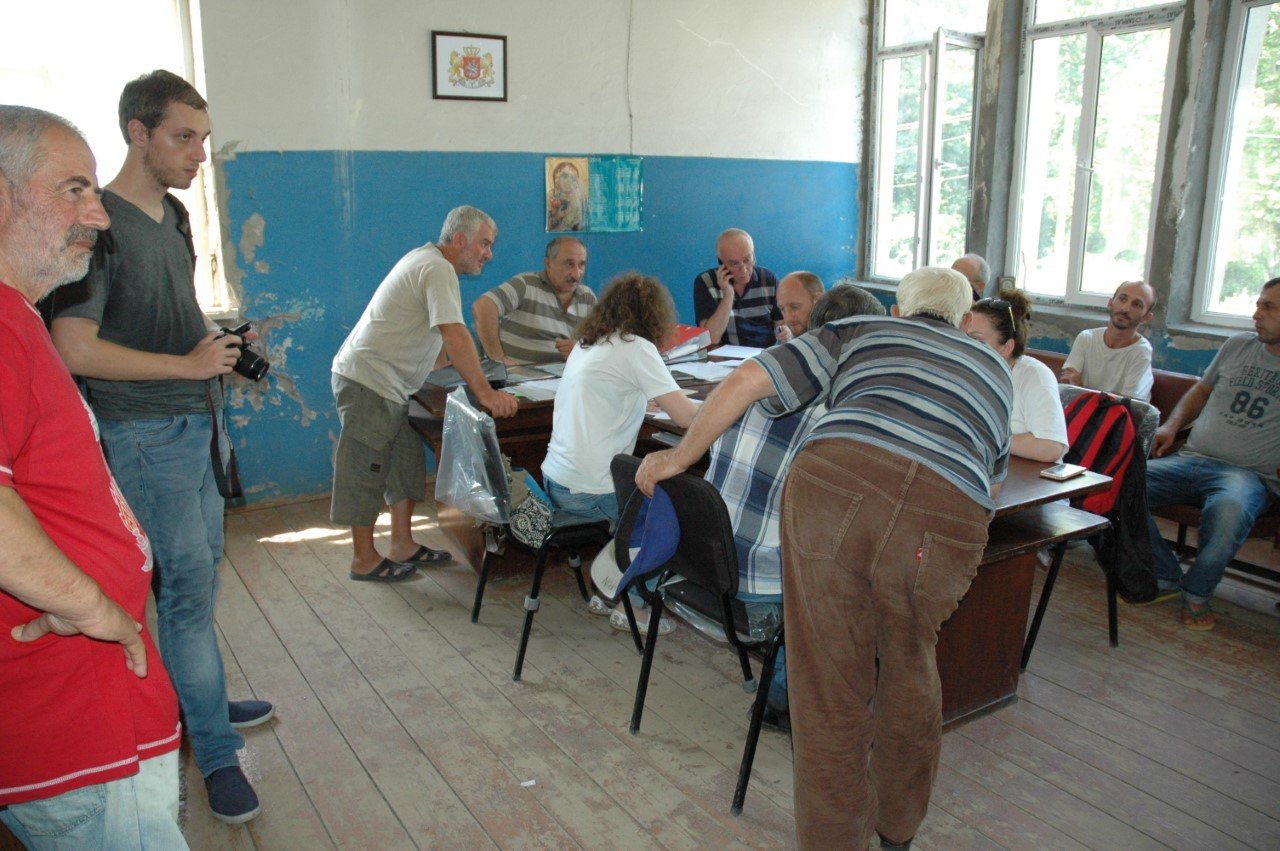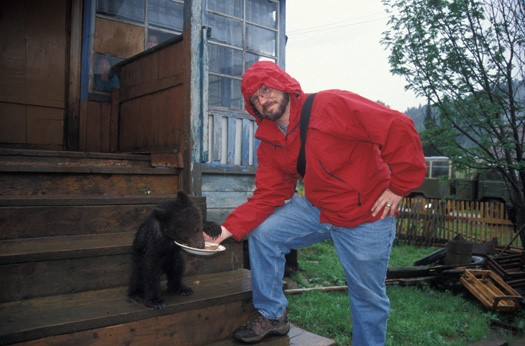
Laboratory of Molecular Anthropology @ Penn (LMAP)
Molecular anthropology is the study of human evolution, dispersal, and population diversity through genetic analyses. The study of Molecular anthropology can draw from a variety of methodologies including genetic, biological, ethnographic, demographic, and population research methods. Molecular anthropology has been key to establishing relationships within the human evolutionary tree, and establishing migration and human dispersal patterns throughout time.
Laboratory of Molecular Anthropology (LMAP)
Project Director: Dr. Theodore Schurr
The Laboratory of Molecular Anthropology at Penn (LMAP), directed by Dr. Theodore Schurr, uses fieldwork and laboratory analyses to investigate the origins, dispersal and genetic diversification of human and primate populations. Research being conducted in the LMAP includes studies within the broadly defined fields of human evolutionary genetics, mitochondrial biology and disease, biomedical genetics, and primate genetics. Over the past decade, LMAP researchers have undertaken anthropological genetic projects based in Argentina, Canada, the Caribbean, the Caucasus, Melanesia, Mexico, Siberia, Turkey, Ukraine, and the United States.
The LMAP also serves as the North American Regional Center for the Genographic Project, a multi-year international collaboration using cutting-edge genetic and computational technologies to analyze historical patterns in DNA from participants around the world to better understand our human genetic roots.
This wide range of projects has provided an essential comparative perspective on human genetic diversity in different parts of the world, and underscored the importance of understanding normal genetic variation for studies of human health and disease.
The LMAP is located in the Department of Anthropology on the fourth floor of the academic wing of the Penn Museum, and is comprised of 1000 square feet of Biosafety Level 2 certified wet-lab space. The laboratory is fully equipped to conduct molecular biology research, including methods such as basic and quantitative PCR, electrophoresis, DNA sequencing, and SNP and STR genotyping, and has the computational resources required for the statistical and phylogenetic analysis of DNA data.
Primary Supervising Faculty from Anthropology
Dr. Theodore Schurr: tgschurr@sas.upenn.edu




Paleoecology @Penn
The Penn Paleoecology Lab is dedicated to the analysis of human-environment interactions across the later Holocene. Our approach involves the combination of data and approaches from archaeology, history, and the environmental sciences. The latter includes analysis of pollen, sediments, plant macroremains including wood, and stable isotopes. The Penn Paleoecology lab currently runs five projects:
Early Historic Landscapes of the Tungabhadra Corridor
South Indian Landscape Trajectories (SILT)

For more information, visit the Paleocology Lab website.
Primary Supervising Faculty from Anthropology
Dr. Kathleen Morrison: kathy.morrison@sas.upenn.edu
North American Archaeology @Penn
The North American Archaeology Lab is located in room 329B, just across from the main Anthropology Department office. The Lab is directed by Dr. Meg Kassabaum and staffed by Penn students through work-study, volunteer, and paid lab assistant positions. If you are a student interested in gaining research experience through the lab, please contact Dr. Kassabaum at mkass@sas.upenn.edu. Research opportunities are available and can be tailored to a given student’s interests.

Archaeological Science @Penn
For more information, visit the Center for the Analysis of Archaeological Materials (CAAM) website.
EnviroLab @Penn

EnviroLab is a workspace dedicated to supporting cutting edge graduate research on environment society relations at the University of Pennsylvania. Drawing together research in anthropology, history, science and technology studies, urban geography and the physical sciences we ask: How might situated human-animal-environment relations be key sites from which to reimagine and rearticulate more just and nourishing modes of inhabiting of our climate changed planet? In particular, our research thinks with the entangled relations of waterscapes, pollution and toxicity, late industrialism, human-animal and interspecies relations, the climate emergency and racialized geographies. For more information, visit their website: https://www.pennenvirolab.org/.
Primary Supervising Faculty from Anthropology
Dr. Nikhil Anand: nikhil.anand@sas.upenn.edu
Dr. Kristina Lyons: krlyons@sas.upenn.edu

 Department of Anthropology
Department of Anthropology